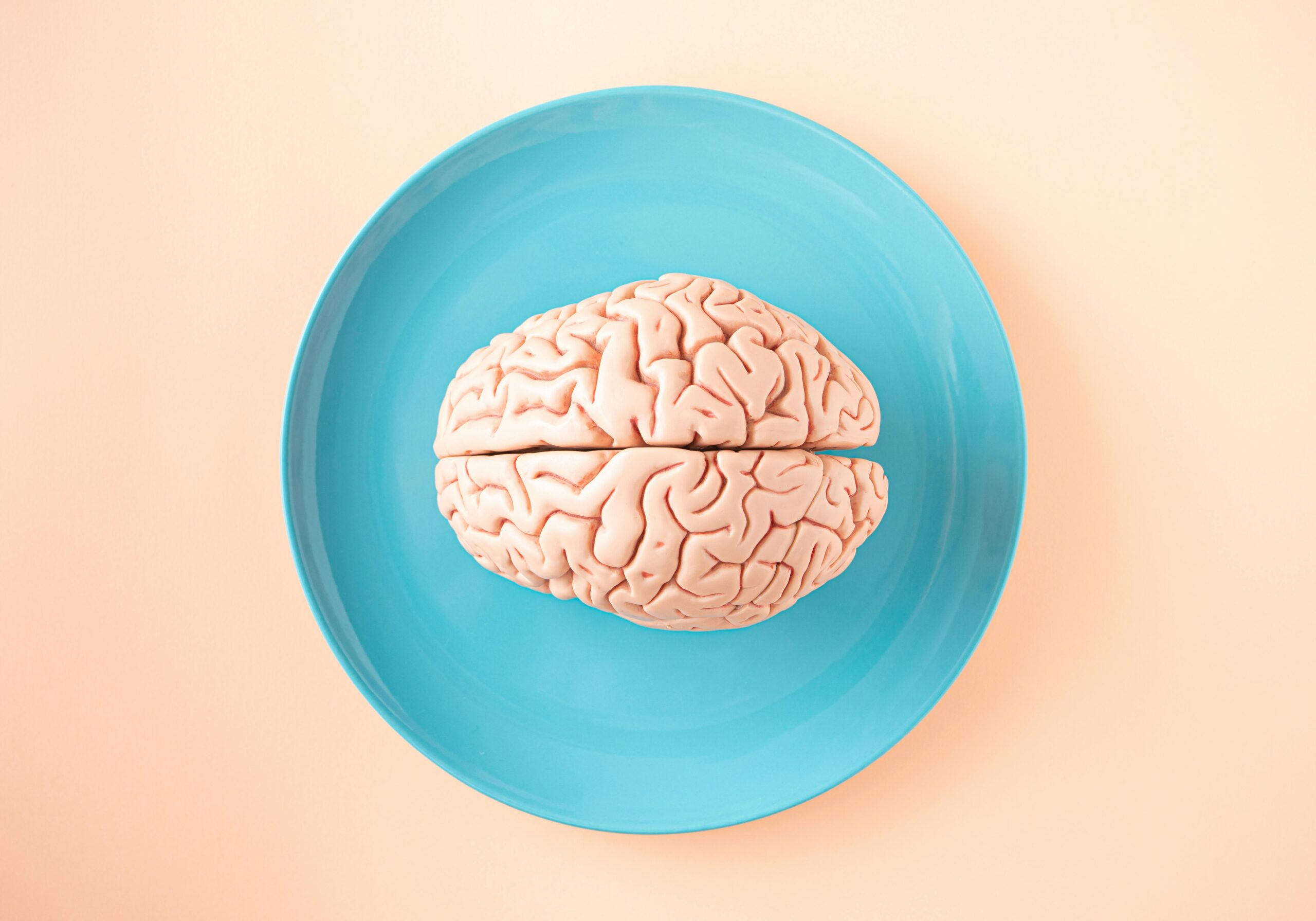Maintaining brain health is crucial for overall well-being and quality of life. Cognitive decline, memory loss, and various neurodegenerative diseases can significantly impact daily functioning and mental health. Fortunately, there are several lifestyle choices and supplements that can support brain health and enhance cognitive function. This guide explores effective strategies to keep your brain healthy and active.
Lifestyle Choices for Brain Health
- Regular Physical Exercise
Exercise is one of the most effective ways to boost brain health. Physical activity increases blood flow to the brain, promoting the growth of new neurons and improving overall cognitive function. Regular exercise can also reduce the risk of developing neurodegenerative diseases such as Alzheimer’s and Parkinson’s.
- Aerobic Exercises such as like running, swimming, and cycling improve cardiovascular health and increase oxygen supply to the brain.
- Strength Training for example lifting weights or resistance training helps maintain muscle mass and supports metabolic health, which is beneficial for brain function.
- Balance and Coordination Exercises. Yoga and tai chi improve balance, coordination, and focus.
- Healthy Diet
A balanced diet rich in nutrients is essential for brain health. Certain foods have been shown to support cognitive function and protect against brain diseases.
- Omega-3 Fatty Acids found in fatty fishlike salmon, mackerel, and sardines, omega-3s are crucial for brain health and can help reduce inflammation.
- Antioxidants in Berries, dark chocolate, and leafy greens are high in antioxidants, which protect brain cells from oxidative stress.
- Whole Grains such as oatmeal, brown rice, and whole wheat bread provide a steady supply of glucose, the brain’s primary energy source.
- Leafy Greens and Vegetables. Spinach, kale, and broccoli are rich in vitamins and minerals that support cognitive function.
- Mental Stimulation
Keeping the brain active through mental challenges can improve cognitive function and delay the onset of dementia.
- Puzzles and Games such as crossword puzzles, Sudoku, and other brain games can keep the mind sharp.
- Learning New Skills and activities, such as learning a new language or playing a musical instrument, stimulates different parts of the brain.
- Reading and Writing can enhance vocabulary, comprehension, and critical thinking skills.
- Adequate Sleep
Sleep is essential for brain health, as it allows the brain to repair itself and consolidate memories. Poor sleep can lead to cognitive decline and an increased risk of neurodegenerative diseases.
- Establish a Sleep Routine by go to bed and wake up at the same time every day to regulate your body’s internal clock.
- Create a Sleep-Friendly Environment. Ensure your bedroom is dark, quiet, and cool, and avoid screens before bedtime.
- Limit Stimulants, do instance reduce caffeine and alcohol intake, especially in the evening.
- Stress Management
Chronic stress can damage the brain and impair cognitive function. Managing stress through various techniques can enhance brain health.
- Meditation and Mindfulness can reduce stress and improve focus and emotional regulation.
- Deep Breathing Exercises. Techniques like diaphragmatic breathing can help calm the nervous system.
- Engaging in enjoyable activities can reduce stress and promote mental well-being.
- Supplements for Brain Health
While lifestyle choices form the foundation of brain health, certain supplements can provide additional support. It is important to consult with a healthcare provider before starting any new supplement regimen.
- Omega-3 Fatty Acids (Fish Oil). Supports cognitive function, reduces inflammation, and promotes neuronal growth.. B Vitamins. B vitamins, particularly B6, B9 (folic acid), and B12, are crucial for brain health and can help reduce homocysteine levels, which are associated with cognitive decline.
- Ginkgo Biloba. May improve blood flow to the brain and has been studied for its potential to enhance memory and cognitive function.
- Bacopa Monnieri. Known for its cognitive-enhancing properties, bacopa can improve memory and reduce anxiety.
- Vitamin D. Supports overall brain health, and low levels of vitamin D have been linked to cognitive decline.
- The active ingredient in turmeric, curcumin, has strong anti-inflammatory and antioxidant properties that can support brain health. Often combined with black pepper extract (piperine) to enhance absorption.
- Acetyl-L-Carnitine. This amino acid may help improve memory, mental clarity, and mood.
Conclusion
Maintaining brain health requires a holistic approach that includes regular physical exercise, a nutritious diet, mental stimulation, adequate sleep, and effective stress management. Additionally, certain supplements can provide further support for cognitive function and overall brain health. By adopting these strategies, individuals can enhance their brain health, improve their quality of life, and reduce the risk of cognitive decline and neurodegenerative diseases.
References
Harvard Health Publishing. (2021). Exercise and the brain: How fitness impacts learning, memory, and mood. Retrieved from Harvard Health.
Mayo Clinic. (2022). Brain health: Tips to keep your mind sharp. Retrieved from Mayo Clinic.
Harvard Health Publishing. (2021). Exercise and the brain: How fitness impacts learning, memory, and mood. Retrieved from Harvard Health.
National Institute on Aging. (2020). Can a healthy diet help prevent Alzheimer’s disease? Retrieved from NIA.
National Institutes of Health. (2021). Dietary Supplements for Exercise and Athletic Performance. Retrieved from NIH.
National Institute on Aging. (2020). Can a healthy diet help prevent Alzheimer’s disease? Retrieved from NIA.
Mayo Clinic. (2022). Brain health: Tips to keep your mind sharp. Retrieved from Mayo Clinic.
Cleveland Clinic. (2021). Fatigue: Causes, Diagnosis, Treatment & Prevention. Retrieved from Cleveland Clinic.
National Institutes of Health. (2021). Dietary Supplements for Exercise and Athletic Performance. Retrieved from NIH.
Harvard Health Publishing. (2021). Exercise and the brain: How fitness impacts learning, memory, and mood. Retrieved from Harvard Health.
Sleep Foundation. (2021). How sleep affects the brain. Retrieved from Sleep Foundation.
American Psychological Association. (2020). The role of sleep in emotional brain function. Retrieved from APA.
Mayo Clinic. (2022). Brain health: Tips to keep your mind sharp. Retrieved from Mayo Clinic.
American Psychological Association. (2020). The role of sleep in emotional brain function. Retrieved from APA.
Sleep Foundation. (2021). How sleep affects the brain. Retrieved from [Sleep Foundation](https://www.sleepfoundation

